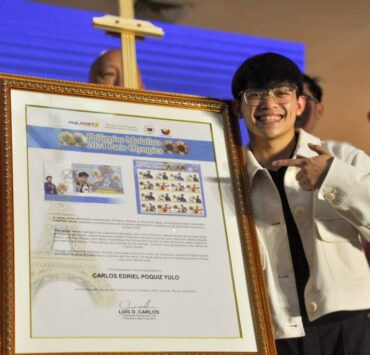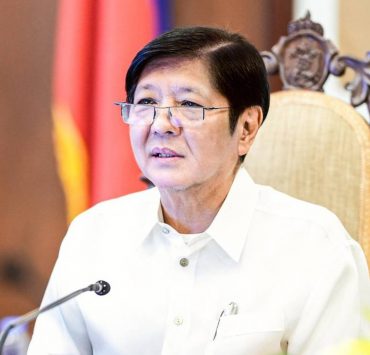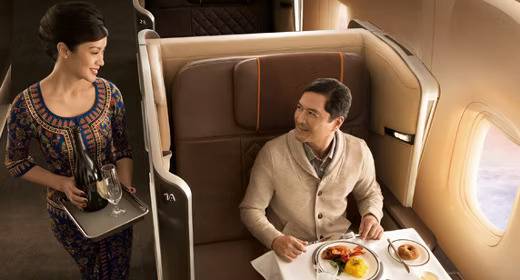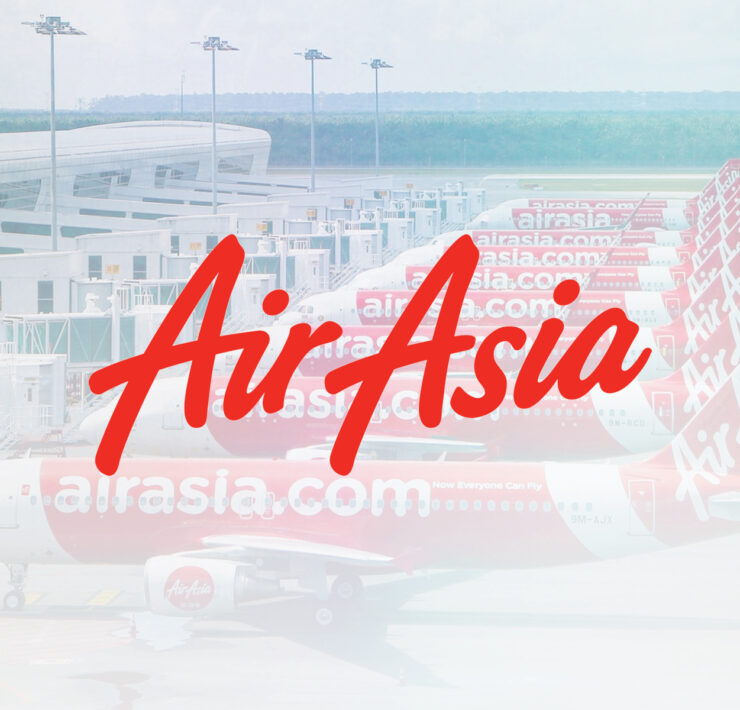ANZ: PH may negotiate a lower 10-15% US tariff
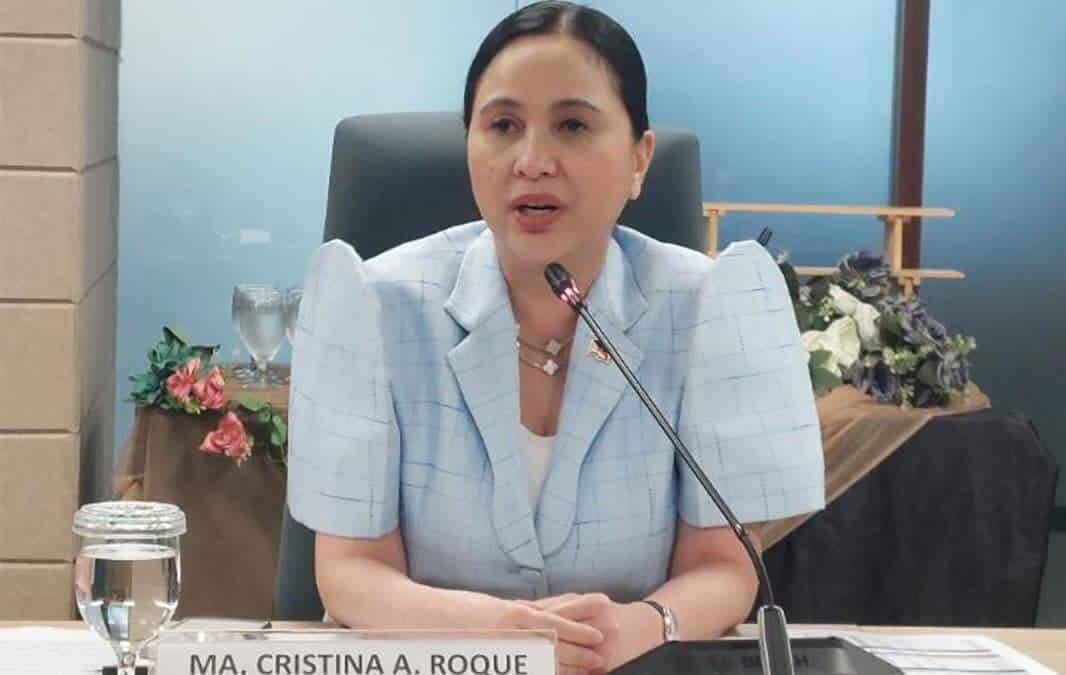
The Philippines may be able to negotiate a lower “reciprocal” tariff of at least 10 percent with the United States, ANZ Research said, as the country joins the rest of Asia in rushing to seal a trade deal with President Donald Trump before the 90-day pause expires.
In a commentary, the research unit of the Australia and New Zealand Banking Group said the Philippines may negotiate a tariff rate of 10 to 15 percent, lower than the initial 17 percent that Trump had unveiled during his “Liberation Day” announcement in early April.
ANZ expected the same negotiated rate for India and South Korea.
Baseline tariff
Elsewhere in Asia, the bank said China may be able to broker a lower import duty of 54 percent—from the punitive tax rate of 145 percent—while Indonesia, Thailand and Vietnam could potentially haggle for a tariff rate of 15 to 20 percent.
ANZ said the 10-percent US tariff on Singapore might remain, while Taiwan could bring the duty down to that “baseline” level from the initial 32 percent that Trump had unveiled.
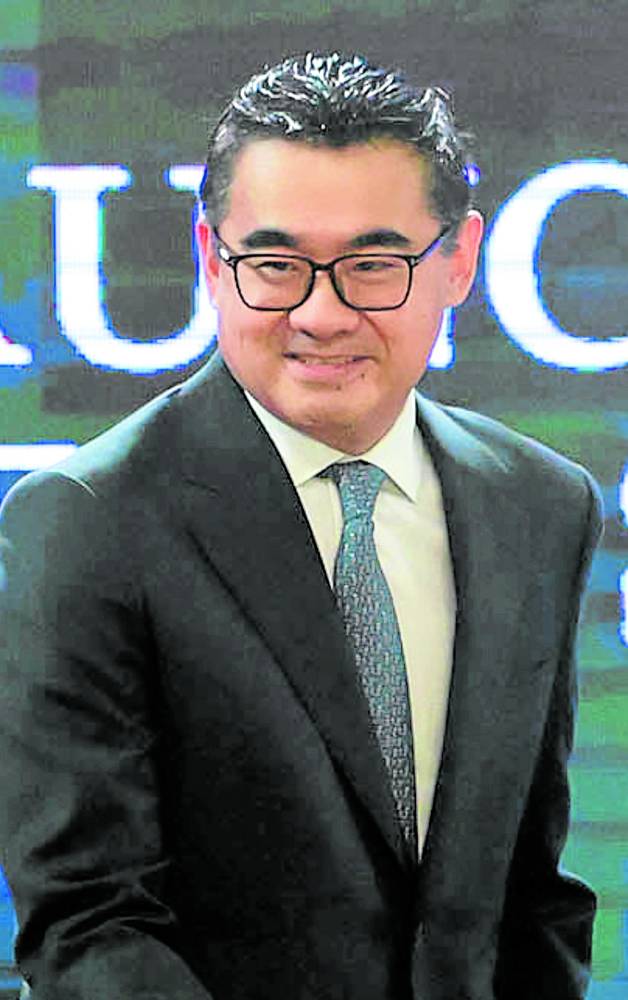
Trade talks between Manila and Washington may wrap up by the end of June, ANZ said, adding that discussions would likely focus on semiconductors and other electronic exports, which are the top goods that the Philippines sell to the American market.
“Other products that are part of the negotiations are coconuts, garments, furniture, food processing and automotive exports. Coconut is the Philippines’ number one agricultural export to the United States,” ANZ said.
Zero tariff
Before joining economic czar Fredrick Go in the United States to meet with American officials, Trade Secretary Ma. Cristina Roque said the Philippines would aim to bring down the US tariff on Filipino goods to zero.
There is currently a 90-day window before the reciprocal tariffs that Trump had announced in April would be implemented.
Before the pause ends on July 9, the Philippines already offered to buy more products from the United States, particularly soybeans and frozen meat, to get the best deal.
The country also expressed its willingness to reduce nontariff barriers to trade with the United States.
“Asia has been hit the hardest by President Trump’s 2 April reciprocal tariff announcement. The 90-day pause on reciprocal tariffs has provided some respite,” ANZ said.













